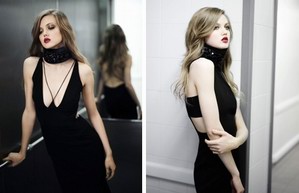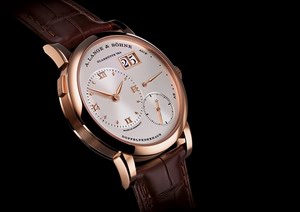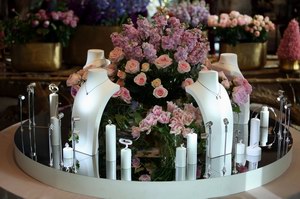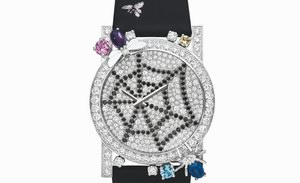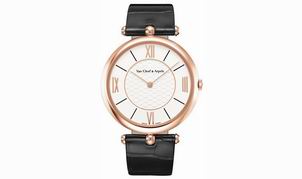Luxury fashion brands are going green. But why are they keeping it a secret?
文章导读
Luxury fashion brands are going green. But why are they keeping it a secret。The quiet changes at Kering and LVMH are laudable, experts say. But with its rapt audience of tastemakers and innovators — and its unique ability to create markets where none existed — luxury could do so much more.
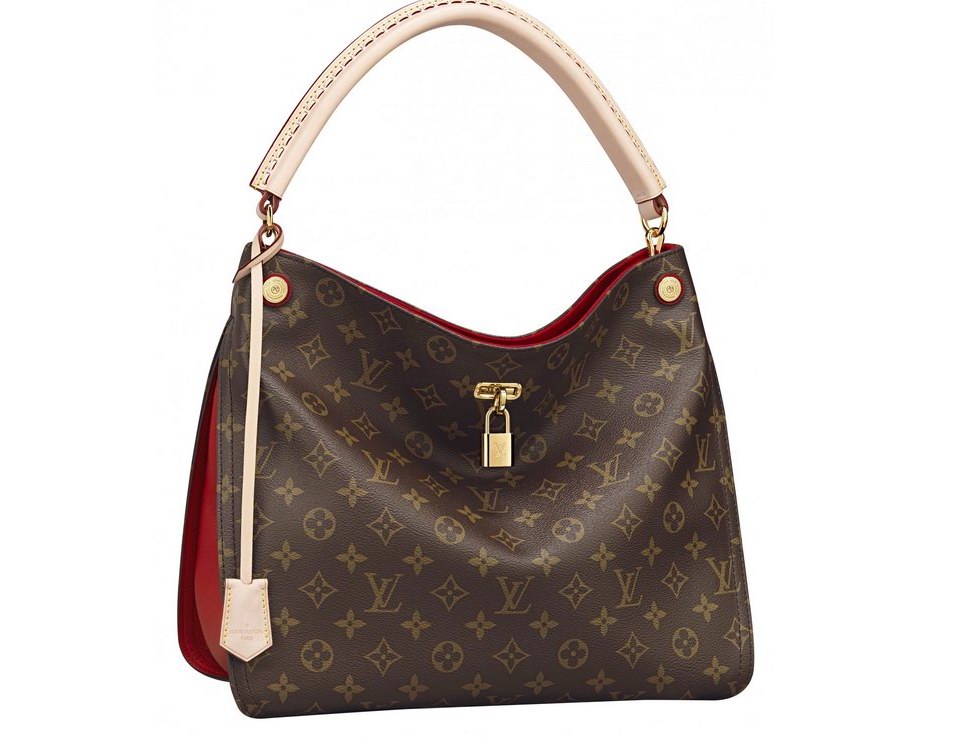
The Gaia handbag from Louis Vuitton — an example of handbags that are “green” or a part of "sustainable fashion.” (Louis Vuitton)
Yet for all the openness expressed at the corporate level — Kering even tied executive bonuses to meeting sustainability goals — fashion is still fashion. It’s driven by desire, not environmental awareness or even logic.
Almost none of these brands weave sustainability into the mysterious magic of luxury fashion. Stella McCartney, known for her no-leather stance, is a rare exception. Her eponymous brand, part of Kering, sells fashion wrapped in an environmental sensitivity detailed throughout the company’s marketing.
More common is the situation at Saint Laurent. Corporate executives herald the use of energy-efficient LED lights in its boutiques. Yet when designer Hedi Slimane presented his Saint Laurent collection in Paris in October, he installed a dynamic light display — flashing with a near-blinding intensity — at the top of the runway.
Did he use LED lights, too? And were those lights reused after the show, which lasted barely 15 minutes?
“They are very secret about their fashion shows and would not like to answer any questions,” explains Marie-Laure Vaganay, a corporate spokeswoman.
And after Gucci invested years of research into developing a non-toxic leather tanning process, will examples of that leather be available to customers in its newest store? The answer is murky: Maybe. No. Probably not.
The story of sustainability is not trickling down to the product level, says Robert Burke, founder of the New York retail consultancy that bears his name. “Consumers look at luxury brands for exclusivity, quality and status. I’m not sure where sustainability fits in that pecking order.”
Consumers have been more vocal about labor practices and fair compensation, galvanized by scandals such as the fatal 2013 Rana Plaza factory collapse in Bangladesh. Yet, shoppers still gravitate to impossible bargains. It’s even harder to imagine them getting worked up about contaminated groundwater.
In the calculation to spend $5,490 for a washed-leather Saint Laurent motorcycle jacket, environmental awareness is not a selling point. And luxury brands are not attempting to make it one.
Daveu quotes her boss, Kering chief executive François-Henri Pinault: “We don’t do sustainability to please the customer and sell more bags. We do this because we have no other option. It’s a business and leadership opportunity.”
But if you’re going to sell bags anyway, wouldn’t promoting your more environmentally-sound bags be both good business and good leadership?
The prevailing image of “green” fashion — with its connotations of nubby fabrics and crunchy-granola styling — muddies the carefully crafted message of luxury fashion. Luxury consumers are drawn by romantic visions of skilled artisans at work over handmade oxfords. They are wooed by the irresistible notion of cool.
Is green fashion cool? Or simply good for you? Listening to someone brag about a new eco-friendly sweater is about as thrilling as a conversation about air filters. The Internet isn’t melting down from a run on sustainable textiles the way it is from the frenzy over shiny Balmain shirts.
But perhaps it could.
High-minded chefs pushed sustainability into the lexicon of every farm-to-table foodie. Toyota made hybrids cool. Tesla made electric cars glamourous.
“The role of luxury brands is to start a conversation and to create desire,” says Kwesi Blair, senior vice president of new business at Robert Burke Associates. “The biggest challenge? How do they want to make this topic — which hasn’t been sexy — sexy?”
Wooing customers with the sustainability of a Gucci or Louis Vuitton handbag might be a start.
关键词: Kering | LVMH | Gucci | Luxury brands | fashion brands
免责声明:
本文仅代表作者/企业观点,与【风尚中国】无关。其原创性以及文中陈述文字和内容未经本站证实,对本文以及其中全部或者部分内容、文字的真实性、完整性、及时性本站不作任何保证或承诺,仅供读者参考,并自行核实相关内容。
【风尚中国】刊载此文出于传递更多信息之目的,并不意味着赞同其观点或证实其描述,也不代表本网对其真实性负责。
如因作品内容、版权和其它问题需要同本网联系的,请在30日内进行;新闻纠错: edit#fengsung.com




